The Startup Community: Boulder, CO, Compared To Burlington, VT
Learn About The Startup Community: Boulder, CO, Compared To Burlington, VT
I grew up in the Northeast and moved to Colorado in 1982, where I cut my teeth on startups and the startup communities in Boulder, CO.
Working for companies like BTI, a pulse oximeter company pioneer, SORCON, a startup check verification company at the point of sale, and many others. Some might remember Exabyte and Storage Technology.
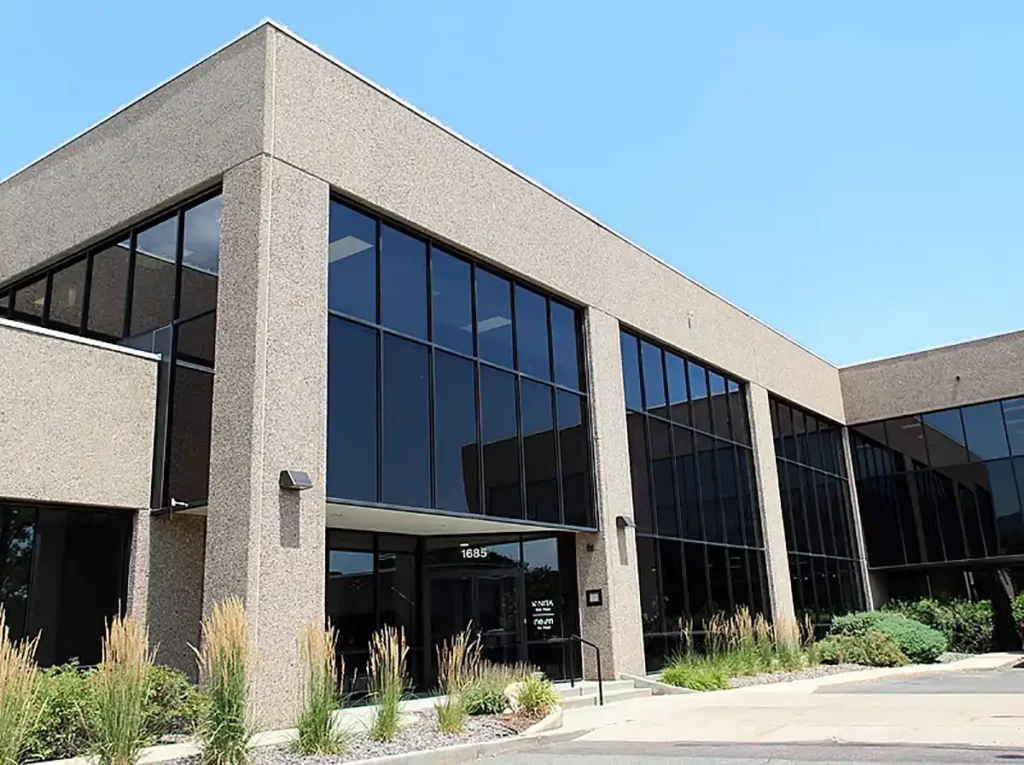
And as a professional ski instructor, I run into many people in Vail, Colorado, and Stowe, Vermont, who connect to both states.
Sometimes their son or daughter went to see you in Boulder. Other times it’s people from Colorado whose daughter went to UVM in Vermont.

You will find an interesting connection if you know anything about the downtown malls in Burlington, Vermont, and Boulder, Colorado.
The startup communities in Boulder, Colorado, and Burlington, Vermont, are both thriving, but they have some differences due to the size, location, and industries prevalent in each city.
Boulder, Colorado:

Boulder is a significant hub for startups in the United States, particularly for technology and sustainability-focused companies.
With a strong entrepreneurial spirit, it has a well-developed ecosystem of venture capital, accelerators, coworking spaces, and networking opportunities.
Boulder benefits from being near Denver, a larger metropolitan area, and having a highly educated population due to the presence of the University of Colorado Boulder.

Key features of Boulder’s startup community:
- Strong technology and sustainable business focus.
- Proximity to Denver and its resources.
- Availability of venture capital and angel investors.
- Presence of accelerators and incubators like Techstars and Boulder Startup Week.
- Networking opportunities through events and conferences.
- Access to a highly educated talent pool.
Burlington, Vermont:
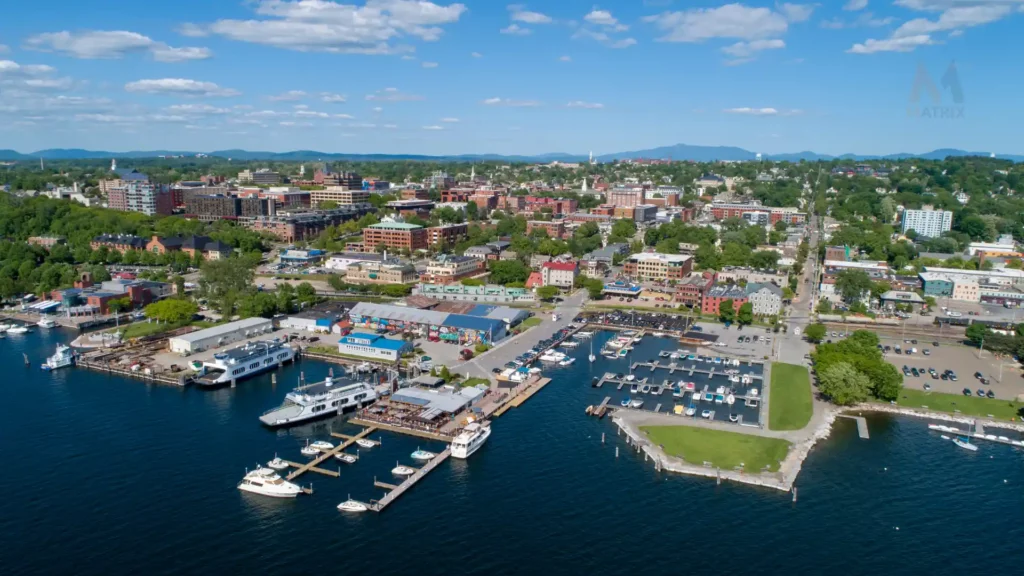
Burlington, Vermont
Burlington is smaller than Boulder, and its startup community is more tight-knit and intimate. The city’s vibrant entrepreneurial scene focuses on social impact, sustainability, and food and beverage industries.
Burlington’s startup ecosystem benefits from institutions like the University of Vermont, which provide research and innovation support and a highly educated talent pool.
Burlington is located near other major cities in the Northeast, like Boston and New York, providing access to resources and networking opportunities.
Key features of Burlington’s startup community:
- Strong social impact, sustainability, and food and beverage focus.
- Proximity to major cities in the Northeast.
- Support from local organizations like the Vermont Center for Emerging Technologies (VCET) and LaunchVT.
- Presence of coworking spaces and incubators like VCET and Study Hall.
- Access to a highly educated talent pool from the University of Vermont.
- Networking opportunities through local events and gatherings.
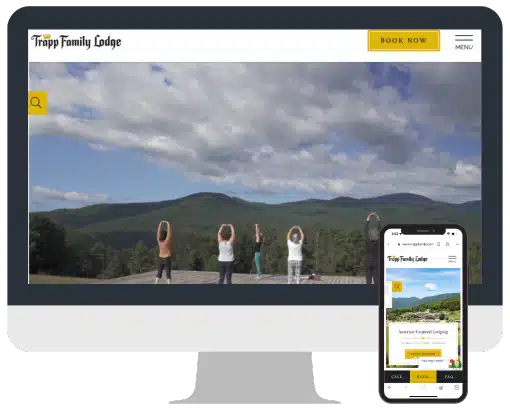
Each city offers unique advantages depending on the industry and stage of your startup. Boulder and Burlington have vibrant startup communities, but Boulder’s ecosystem is more developed and technology-focused.
At the same time, Burlington’s is more intimate and emphasizes social impact and sustainability.
What major brands were launched in Boulder, CO?

Boulder, Colorado, has been home to several successful companies and major brands that have gained national or international recognition.
Some of these brands include:
- Celestial Seasonings: Founded in 1969, Celestial Seasonings is a popular tea company known for its herbal, green, black, and chai teas. The company’s focus on natural, high-quality ingredients and sustainability has made it a consumer favorite.
- Crocs: Founded in 2002, Crocs is a well-known footwear company that produces comfortable, lightweight shoes made from proprietary foam. The brand has experienced global success and expanded its product line to include casual footwear styles.
- Techstars: Founded in 2006, Techstars is a worldwide startup accelerator and venture capital firm. They have helped numerous startups grow and scale their businesses through mentorship, funding, and resources. Techstars has become an essential part of the global startup ecosystem.
- SendGrid: Founded in 2009, SendGrid (now a part of Twilio) is a cloud-based email delivery platform businesses use to send transactional and marketing emails. The company has grown significantly since its inception and is now a leading player in the email infrastructure market.
- PopSockets: Founded in 2012, PopSockets is a company that produces the popular phone accessory known as the PopGrip, which can be used as a stand or grip for smartphones and tablets. The brand has become a global phenomenon, selling millions of units worldwide.
- Sphero: Founded in 2010, Sphero is a robotics and educational technology company that creates innovative products, such as robotic balls and programmable toys. They strongly focus on encouraging STEM learning for children and young adults.
These are just a few examples of major brands launched in Boulder, Colorado. The city’s thriving startup ecosystem and supportive community have contributed to the success of these and many other companies.
What major brands were launched in Burlington, VT?

Burlington, Vermont, has also been home to several successful companies and major brands that have gained national or international recognition.
Some of these brands include:
- Ben & Jerry’s: Founded in 1978, Ben & Jerry’s is a world-famous ice cream company known for its unique and creative flavors. The company is committed to using high-quality, ethically sourced ingredients and strongly focuses on social and environmental responsibility.
- Burton Snowboards: Founded in 1977, Burton Snowboards is a leading snowboard manufacturer and a pioneer in the snowboarding industry. The company produces snowboards, bindings, boots, outerwear, and accessories and has played a significant role in the growth and popularity of the sport.
- Seventh Generation: Founded in 1988, Seventh Generation is a company that produces environmentally friendly cleaning, paper, and personal care products. The brand strongly focuses on sustainability, transparency, and using plant-based ingredients in its products.
- Magic Hat Brewing Company: Founded in 1994, Magic Hat Brewing Company is a well-known craft brewery that produces a variety of unique and flavorful beers. The company has a strong local following and has expanded its distribution across the United States.
- Dealer.com: Founded in 1998, Dealer.com is a leading automotive industry digital marketing and software solutions provider. The company offers a comprehensive suite of products and services to help car dealerships optimize their online presence and customer experience.
These are just a few examples of major brands launched in Burlington, Vermont. The city’s entrepreneurial spirit and focus on sustainability and social impact have contributed to the success of these and other companies.
What is the community support for startups in Boulder, CO
The community support for startups in Boulder, Colorado, is strong, with various resources and organizations dedicated to fostering innovation and helping entrepreneurs succeed. Some key aspects of this support include:
- Accelerators and Incubators: Boulder is home to renowned startup accelerators like Techstars, which provides mentorship, resources, and funding for selected startups. Other incubators and accelerators, such as the Boomtown Accelerator and the Innosphere Ventures, also support early-stage companies’ growth.
- Networking and Events: Boulder Startup Week, a week-long event that takes place annually offers numerous panels, workshops, and networking opportunities for entrepreneurs. Regular meetups and events like Boulder Open Coffee Club, Boulder Beta, and New Tech provide startup networking and learning opportunities.
- Coworking Spaces: Boulder has a thriving coworking scene, with spaces like Galvanize, Impact Hub Boulder, and Industrious Boulder offering affordable and flexible workspaces for startups and freelancers. These spaces often host events and provide networking opportunities.
- Funding Opportunities: Boulder has a strong venture capital and angel investor presence, which makes it easier for startups to access the funding they need. Foundry Group, Boulder Ventures, and Techstars Ventures are some of the notable venture capital firms in the area.
- Talent Pool: The presence of the University of Colorado Boulder and a highly educated population provide startups with access to a skilled talent pool in areas such as technology, research, and engineering.
- Supportive Ecosystem: Boulder’s entrepreneurial culture and strong community support make it a welcoming startup environment. Local governments, universities, and organizations collaborate to create a nurturing ecosystem for new businesses.
Overall, Boulder’s startup community benefits from a robust support system, including accelerators, incubators, networking opportunities, funding, talent, and a collaborative ecosystem.
This supportive environment has helped Boulder establish itself as a leading hub for startups in the United States.
What is the community support for startups in Burlington, VT?
The community support for startups in Burlington, Vermont, is also substantial, with numerous resources and organizations focused on nurturing innovation and helping entrepreneurs succeed. Key aspects of this support include:
- Accelerators and Incubators: The Vermont Center for Emerging Technologies (VCET) is a major resource for entrepreneurs in Burlington. VCET offers incubation services, mentorship, funding, and other resources to startups in various industries. LaunchVT is another organization that supports early-stage startups through its annual pitch competition and resources.
- Networking and Events: Burlington offers several networking events and meetups for entrepreneurs, such as the Vermont Innovation Commons, the Vermont Technology Alliance, and the Burlington Young Professionals group. These events allow local startups to connect with peers, investors, and mentors.
- Coworking Spaces: Burlington has coworking spaces that cater to startups and freelancers, such as VCET’s coworking space, Study Hall, and The Karma Bird House. These spaces provide affordable and flexible workspaces, as well as networking opportunities.
- Funding Opportunities: While the venture capital presence in Burlington may not be as robust as in Boulder, funding opportunities are still available. VCET, for example, offers an investment fund for early-stage startups. Additionally, startups in the region can access angel investor networks like the North Country Angels and FreshTracks Capital.
- Talent Pool: The University of Vermont and nearby institutions provide Burlington startups with a skilled talent pool, particularly in environmental sciences, engineering, and healthcare.
- Supportive Ecosystem: Burlington’s focus on sustainability, social impact, and a tight-knit community creates a supportive startup environment. Local governments, organizations, and educational institutions work together to foster a nurturing ecosystem for new businesses.
In summary, Burlington’s startup community benefits from a strong support system that includes accelerators, incubators, networking opportunities, funding, talent, and a collaborative ecosystem. While it may be smaller than Boulder’s startup scene, Burlington’s intimate and mission-driven community offers unique advantages for entrepreneurs looking to launch and grow their businesses.
What Is The Cost Of Living In Boulder, Co Compared To Burlington, Vt?
The cost of living in Boulder, Colorado, and Burlington, Vermont, tends to be higher than the national average in the United States. However, Boulder’s living cost is generally higher than in Burlington. To provide a more detailed comparison, let’s look at a few key areas:
- Housing: Housing costs are typically higher in Boulder than in Burlington. The median home price in Boulder is significantly higher than the national average, whereas the median home price in Burlington is more moderately above the national average. Rental costs also tend to be higher in Boulder compared to Burlington.
- Transportation: The cost of transportation, including gas prices and public transit, may be slightly higher in Boulder than in Burlington. However, both cities promote biking and walking, which can help offset some transportation costs.
- Utilities: Utility costs in both cities can be similar or slightly higher than the national average. However, the specific costs may vary depending on individual usage and local utility providers.
- Groceries: Grocery costs in both Boulder and Burlington can be higher than the national average, with Boulder being slightly more expensive than Burlington. Both cities have local farmers’ markets and co-ops offering fresh produce, which can help reduce costs.
- Healthcare costs vary in both cities but are close to the national average. The specific costs will depend on individual healthcare needs and insurance coverage. Colorado has a lower state income tax rate than Vermont, but Boulder’s local taxes may be higher. Property taxes also tend to be higher in Boulder compared to Burlington.
The overall cost of living in Boulder, Colorado, is generally higher than in Burlington, Vermont. However, individual experiences may vary depending on housing choices, lifestyle, and personal spending habits. Considering these factors and researching both cities thoroughly is essential when deciding to relocate.
What is the job outlook in Boulder, CO, compared to Burlington, Vermont?

The job outlook in Boulder, Colorado, and Burlington, Vermont, is generally positive, with both cities having strong and diverse economies.
However, the specific job opportunities and growth rates may differ based on the industries and sectors prevalent in each city.
Boulder, Colorado:
Boulder has a robust economy with a significant presence in technology, aerospace, bioscience, clean technology, and outdoor recreation industries.
Major employers include Google, IBM, Ball Aerospace, and the National Center for Atmospheric Research (NCAR). The city benefits from a highly educated workforce and the presence of the University of Colorado Boulder, which contributes to research and innovation.
Job growth in Boulder has been consistently strong, with a lower unemployment rate than the national average. The technology sector, in particular, has grown significantly, making Boulder an attractive destination for tech professionals. The city’s focus on sustainability and clean technology has also created opportunities in the green and renewable energy sectors.
Burlington, Vermont:
Burlington has a diverse economy, with major industries including healthcare, education, food and beverage, and tourism.
The city benefits from the presence of the University of Vermont, which contributes to research, innovation, and a skilled workforce. Major employers include the University of Vermont Medical Center, Dealer.com, GlobalFoundries, and Ben & Jerry’s.
Job growth in Burlington has been relatively steady, with an unemployment rate close to or lower than the national average. The city’s focus on social impact and sustainability has created opportunities in the environmental and renewable energy sectors.
Burlington’s thriving food and beverage scene also offers various job opportunities, particularly for those interested in craft brewing and local food production.
Boulder and Burlington have positive job outlooks, with Boulder having a more technology-driven economy and Burlington offering opportunities in healthcare, education, and food and beverage sectors.
The specific job opportunities and growth rates will depend on the industries and individual skill sets, but both cities provide various options for job seekers.
What are the key industries in Colorado?
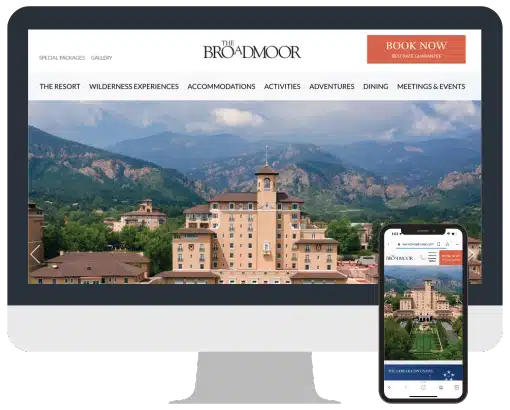
Colorado’s diverse and thriving economy has several key industries contributing to its growth and development. Some of the major industries in the state include:
- Technology: Colorado has a strong technology sector, with numerous companies focused on software development, cybersecurity, data centers, and telecommunications. The state has become a hub for technology startups and established businesses, attracting talent nationwide.
- Aerospace: Colorado has one of the largest aerospace industries in the United States, with companies involved in space exploration, satellite technology, and defense systems. Major aerospace companies in the state include Ball Aerospace, Lockheed Martin, and United Launch Alliance.
- Bioscience: The bioscience industry in Colorado focuses on areas such as pharmaceuticals, medical devices, and biotechnology research. Companies in this sector are involved in developing innovative treatments, diagnostics, and technologies to improve human health.
- Clean Technology: Colorado is a leader in clean technology and renewable energy, focusing on solar, wind, and other sustainable energy sources. The state is home to the National Renewable Energy Laboratory (NREL) and numerous clean technology companies, making it an attractive destination for those interested in sustainable development.
- Outdoor Recreation: Colorado’s beautiful landscapes and outdoor activities make the outdoor recreation industry a significant contributor to the state’s economy. Industries related to skiing, snowboarding, hiking, mountain biking, and other outdoor pursuits thrive in Colorado.
- Agriculture: Agriculture has long been a key part of Colorado’s economy, producing corn, wheat, hay, and potatoes. Livestock, including cattle and poultry, also contributes to the agricultural sector.
- Tourism and Hospitality: Colorado’s natural beauty, outdoor activities, and cultural attractions draw millions of visitors yearly, making tourism and hospitality important industries for the state. Key areas include ski resorts, national parks, and major cities like Denver and Colorado Springs.
- Cannabis: Since the legalization of recreational marijuana in 2012, the cannabis industry has significantly contributed to Colorado’s economy. The state has experienced growth in cannabis production, retail sales, and ancillary businesses related to the industry.
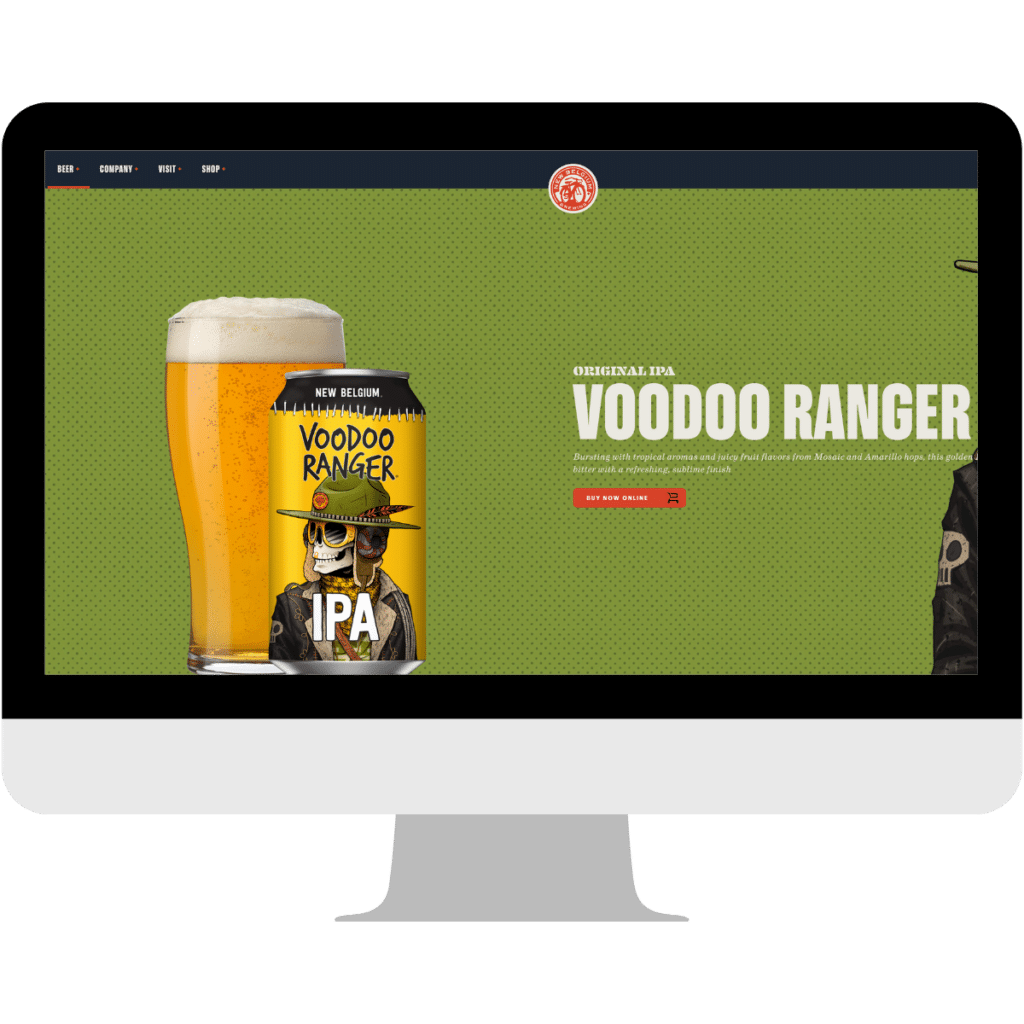
These are just some key industries driving Colorado’s diverse and thriving economy. The state’s pro-business environment, educated workforce, and focus on innovation continue to attract businesses and talent across various sectors.
What are the key industries in Vermont?
Vermont’s diverse economy has several key industries contributing to its growth and development. Some of the major industries in the state include
- Agriculture and Food Production: Vermont’s agricultural industry is well-known for its dairy farming, particularly its production of milk, cheese, and other dairy products. Maple syrup is another major agricultural product, with Vermont being the largest producer in the United States. The state also has a thriving local food movement, with numerous small farms and artisanal food producers.
- Tourism and Hospitality: Vermont’s scenic landscapes, outdoor recreational activities, and charming small towns make tourism and hospitality significant industries for the state. Skiing, snowboarding, hiking, and leaf-peeping are popular attractions that draw visitors year-round.
- Healthcare and Biotechnology: Healthcare and biotechnology are important industries in Vermont, with the state being home to institutions like the University of Vermont Medical Center and research facilities that focus on areas such as medical devices, pharmaceuticals, and biotechnology.
- Renewable Energy and Environmental Technologies: Vermont focuses on sustainability and clean energy, with a growing renewable energy industry that includes solar, wind, and biomass power generation. Companies involved in energy efficiency and environmental technologies also contribute to the state’s economy.
- Education and Research: Vermont’s institutions of higher learning, such as the University of Vermont and Middlebury College, contribute to the state’s economy through research, innovation, and workforce development. They also serve as major employers in the region.
- Craft Brewing and Distilling: Vermont has a thriving craft brewing and distilling scene, with many small breweries and distilleries producing a variety of unique and high-quality beers and spirits. This industry has become important to the state’s culture and economy.
- Forest Products and Woodworking: Vermont has a long history of forestry and woodworking, with the industry focusing on sustainable practices and high-quality craftsmanship. Small and medium-sized businesses across the state produce furniture, cabinetry, and other wood products.
These are just some key industries driving Vermont’s diverse and resilient economy. The state’s focus on sustainability, local production, and high-quality goods and services attracts businesses and talent across various sectors.
General FAQs
What factors contribute to the thriving startup community in Boulder, CO?

Boulder’s startup community thrives due to a combination of factors, including a highly educated workforce, a strong technology sector, a supportive ecosystem of incubators and accelerators, and a collaborative culture encouraging innovation and entrepreneurship.
How does the presence of the University of Colorado Boulder impact the startup community?

The University of Colorado Boulder plays a significant role in the startup community by providing a continuous pipeline of talented graduates, fostering research and innovation, and offering startup resources and partnerships through its programs and initiatives. UCAR and NCAR are the governmental conduits.
What types of support are available for startups in Boulder, CO?

Startups in Boulder can access a wide range of support resources, including world-class accelerators like Techstars, incubators such as the Boomtown Accelerator, coworking spaces, networking events, and a robust venture capital and angel investor community.
Are there specific industries or sectors that dominate the Boulder startup scene?

While Boulder’s startup scene is diverse, it has a particularly strong presence in technology, clean technology, and outdoor recreation industries. The city’s focus on sustainability and innovation makes it an attractive destination for startups in these sectors and others that align with Boulder’s values.

